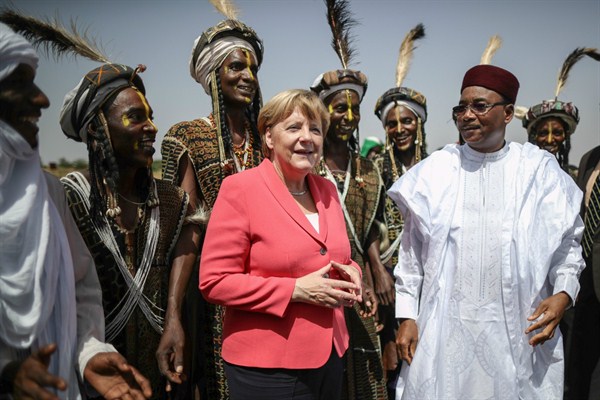BERLIN—When Adam Bahar fled Sudan in 2008, he had no plans to head to Germany.
Bahar’s family is originally from the historically neglected Darfur region in Sudan’s west. When fighters from the region rebelled against the Khartoum-based government in 2003, they were met with sweeping violence. The government backed a genocidal response aimed not just at the rebels, but also their perceived civilian sympathizers. Nearly 15 years later, spasmodic attacks continue.
Listen to Andrew Green discuss this article on WPR's Trend Lines Podcast. His audio begins at 21:10:

